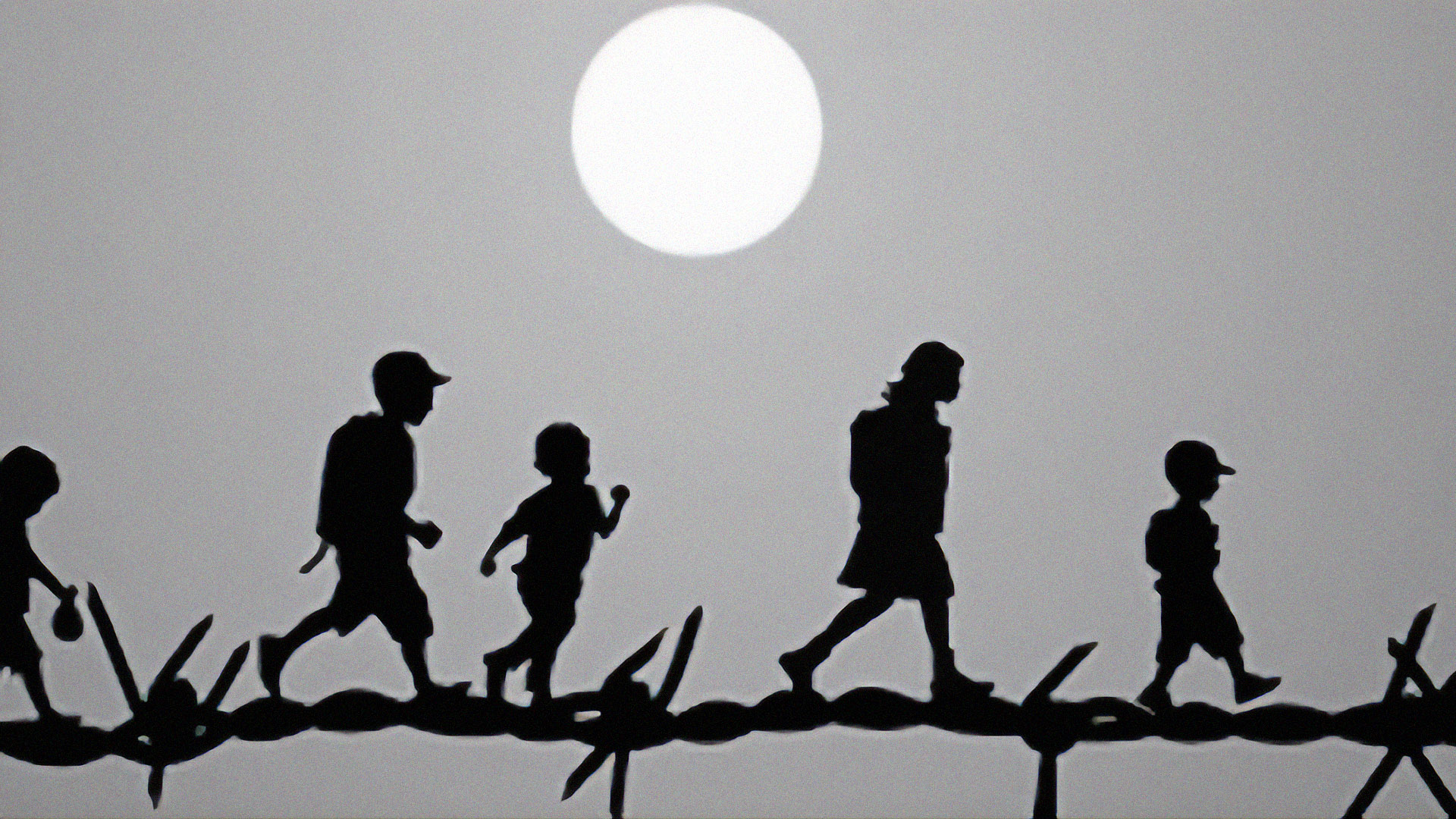An international journalistic investigation and an appalling number of minors who have vanished
“The number of missing children may actually be much higher. This can have fatal consequences for children and adolescents because they can get into situations of exploitation and dependency. If nobody knows about these children, nobody looks for them”.
With these words Verena Keck, from the international children’s rights organisation ECPAT, comments on the results of the journalistic investigation Lost in Europe, which reported that between 2018 and 2020 more than 18,000 unaccompanied foreign minors were registered in Europe.
A network of journalists including The Guardian, Dutch broadcaster VPRO and German broadcaster RBB claims that 18,292 unaccompanied refugee children and adolescents disappeared from state care across Europe in the two years covered by the investigation. According to Verena Keck, the lack of a uniform European-wide system for registering missing persons is to blame.
According to the authors of Lost in Europe, part of the problem lies in the serious gaps that exist in the collection of national statistics. France, Denmark and Romania do not collect data, for example, while Bulgaria does not distinguish between accompanied children and young people travelling alone.
The European Commission (EC) is aware of the problem and Ylva Johannson, EU Commissioner for Home Affairs, says the EC has already signalled to member states that they should do more to prevent the disappearance of refugee children, including through better data collection.
In Germany, authorities say most of the refugee children and young people who “disappear” come from Afghanistan, followed by Morocco and Algeria. Between 2018 and 2020, at least 7,806 unaccompanied minors were reported missing in the country. The German Federal Criminal Police Office (BKA) admits the gaps in its data.
Holger Hofmann, the federal director of the German Children’s Fund, called the quality of German statistics a “scandal”. “As far as we know there are no reliable figures at all, not even approximate ones, of how many refugee children are affected by multiple registrations or inaccurate data collection,” Hofmann said. “These kinds of gaps obviously create opportunities for criminal networks.”
In October 2019, the threat of criminal networks became tragically clear when 39 Vietnamese migrants, including several young people, died in the back of a lorry that was smuggling them from Belgium to the UK.
The advocacy group Missing Children Europe reports that cases of children who go missing during migration are often not followed up or ‘not given any priority by the authorities and law enforcement agencies’. This is despite the fact that the European police agency Europol has raised concerns that traffickers are increasingly targeting children in migration, especially if they are unaccompanied, says Missing Children Europe.
According to the group, in the UK, one in four trafficked children and one in six unaccompanied children are reported missing. In Italy, unaccompanied children as young as 13 have been recruited for sexual exploitation and forced labour.
There is a network run by national organisations in 31 countries across Europe which has activated an international reporting phone number. Children and families who call receive free and immediate emotional, psychological, social, legal and administrative support 24 hours a day, 7 days a week.
But it is not the associations that have to do this work alone. It is the institutions of all European states, according to all international conventions on children, that have to deal with it.
The work of the journalists’ collective Lost in Europe dates back to 2016, when Brian Donald, a Europol officer, had reported the disappearance of 10 thousand foreign minors every year in Europe. Donald has been following disappearance cases for years and has urged the various EU countries to work seriously on the official numbers of missing children.
Italy, at the moment, is the country with the highest number of missing children, but Denmark, for example, does not report children disappearing from centres, while France and Great Britain have not provided adequate information.
by Christian Elia

